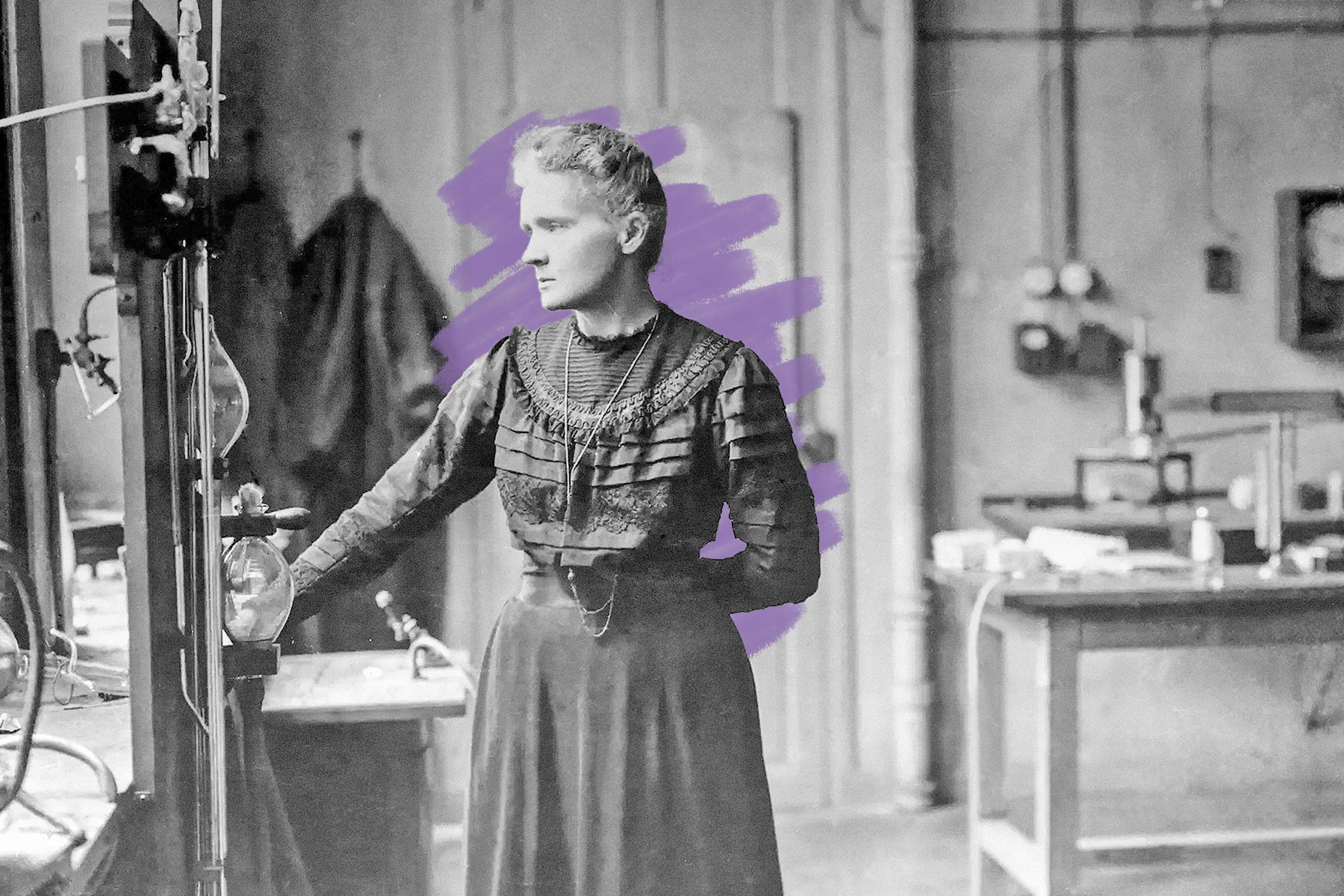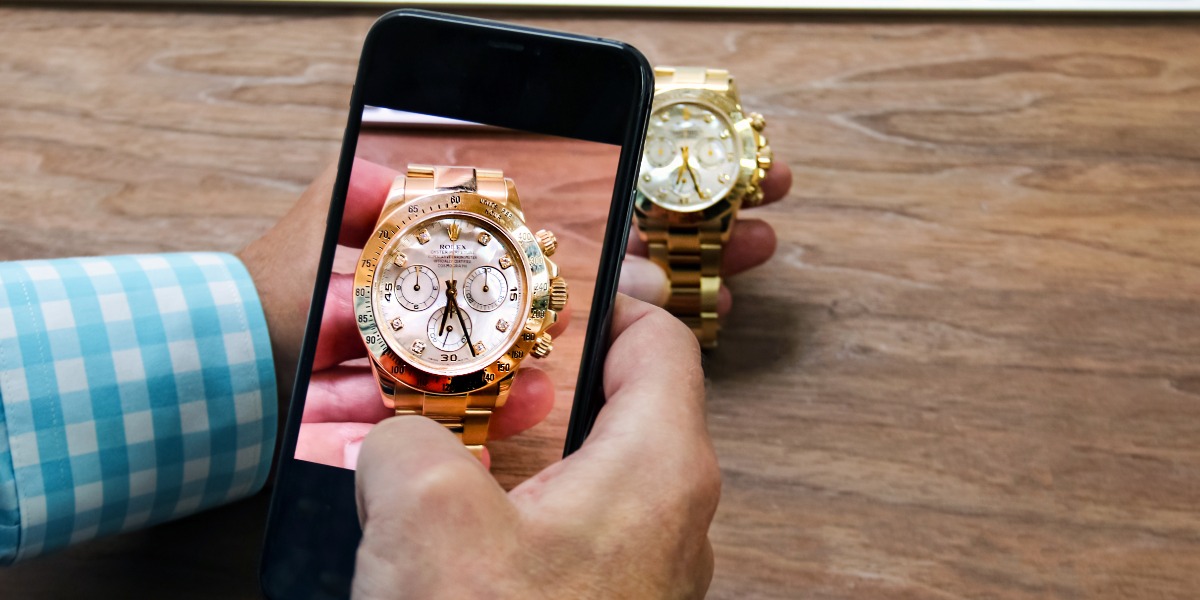Why you need to sign a waiver to see Marie Curie's notebooks
Thursday, August 15, 2024
A lot has changed in the 90 years since Marie Curie's death, but one thing that hasn't is the status of her notebooks — they're still radioactive. |
| |
| |
|
 |
|
| A lot has changed in the 90 years since Marie Curie's death, but one thing that hasn't is the status of her notebooks — they're still radioactive. Not having the benefit of hindsight despite being one of the 20th century's most pioneering scientists, Curie was known to store radioactive elements out in the open, in part because she enjoyed how they "looked like faint, fairy lights." She even walked around her lab with them in her pockets. |
|
|
| Consequently, her clothes, furniture, and even cookbooks are also radioactive, and will be for the next 1,500 years. In order to be as safe as possible with her remaining materials, France's national library stores Curie's notebooks in lead-lined boxes to this day, and anyone wishing to view her manuscripts must sign a waiver and wear protective gear. Her other personal items are stored with similar precautions at the Musée Curie (Curie Museum) in Paris. Curie herself died of aplastic anemia in 1934, likely due to her prolonged exposure to radiation. She didn't know that she was essentially giving her own life in the pursuit of science, but her unwitting sacrifice has only added to her singular legacy. |
|
 |  |
|
|
 |
|
| |
|
| Nobel Prizes won by Curie (one for physics, one for chemistry) | | | 2 |
| | | Elements discovered by Curie and her husband (polonium and radium) | | | 2 |
| | | Elements discovered by Curie and her husband (polonium and radium) | | | 2 |
|
|
|
| Half-life (in days) of polonium | | | 138 |
| | | Year Curie became the first woman to teach at the Sorbonne | | | 1906 |
| | | Year Curie became the first woman to teach at the Sorbonne | | | 1906 |
|
|
|
 |
|
 | | Did you know? |
|
|
Marie Curie named one of the elements she discovered after her home country. |
|
| When Maria Salomea Skłodowska was born in Warsaw on November 7, 1867, the Kingdom of Poland was still part of the Russian Empire. She left for France when she was 24 and spent most of her remaining life there, but the country she was born in never really left her. When she and her husband Pierre discovered polonium in July 1898, they named it in honor of Poland — not just because it was close to her heart, but because it wasn't a sovereign state and she wanted to draw attention to this increasingly fraught issue. She eventually came to regret this decision, but not for the reason you might expect: Radium, which she discovered not long after, proved to be much more important to scientific research, and she wished she had saved the name for it. |
|


posted by June Lesley at 4:02 AM












![]()
![]()






0 Comments:
Post a Comment
<< Home